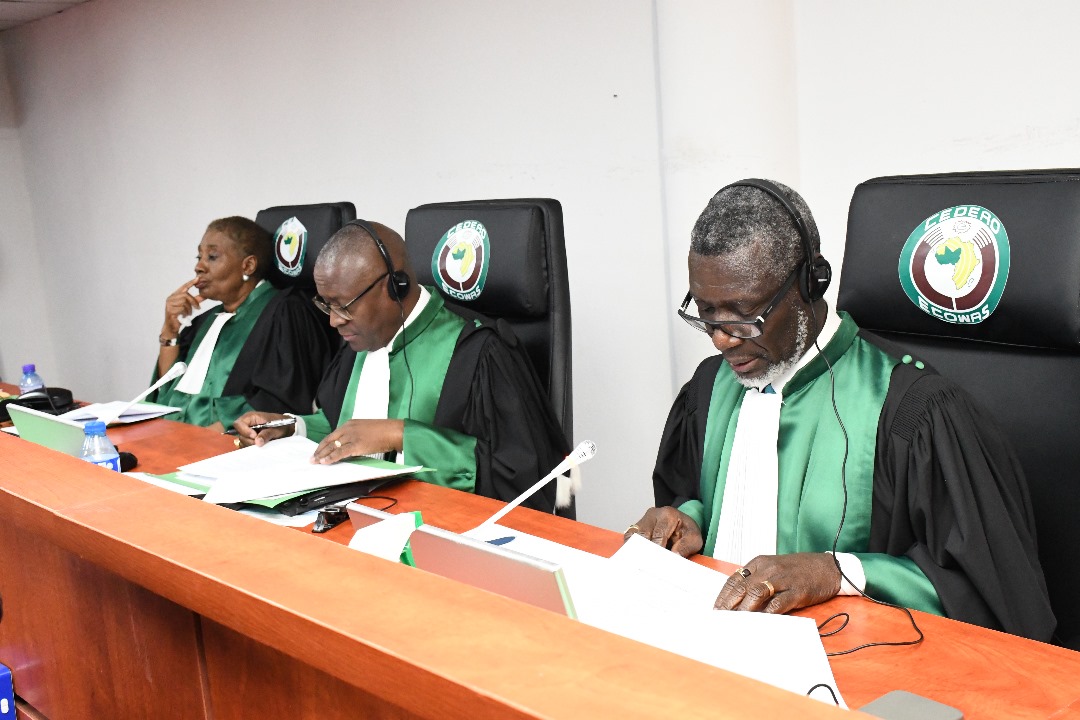
The Special Chamber for the Control of the Investigation of the Court for the Repression of Economic and Financial Offences (CRIEF) in Guinea has partially confirmed the non-indictment order issued on April 24, 2025, in the GIC/AGB2A case involving Mr. Ahmed Kanté.
Contrary to some media reports, the decision does not constitute a direct indictment of Mr. Kanté.
Instead, the court has instructed that the investigation continue on a single charge: breach of trust, as defined under Article 428 of the Criminal Code.
Charges of forgery and the use of forged private documents were explicitly dismissed, with the court noting that there was insufficient evidence to support them.
Legal experts emphasize that the procedural qualification retained by CRIEF does not amount to a formal indictment.
While Mr. Kanté has not been indicted in the strict sense, the court’s decision to order an indictment means the investigation will proceed without prejudging his guilt. This distinction is crucial to upholding the principles of criminal procedure, particularly the presumption of innocence.
Following the ruling, Mr. Kanté filed an appeal in cassation with the Supreme Court. Under Article 80 of the Supreme Court Act, the filing of this appeal automatically suspends execution of the CRIEF decision. Consequently, no legal measures can be taken against him until the Supreme Court delivers its judgment.
The CRIEF decision serves as a reminder of the careful balance required in economic and financial criminal proceedings. Authorities stress that the ruling should not be misinterpreted as a judgment on guilt or innocence but rather as part of a continuing investigative process.
By clarifying the legal scope of the decision, the court aims to ensure accurate public understanding and reinforce respect for the fundamental rights of individuals under Guinea’s criminal justice system. The case remains under close observation as the appeal process moves forward.



